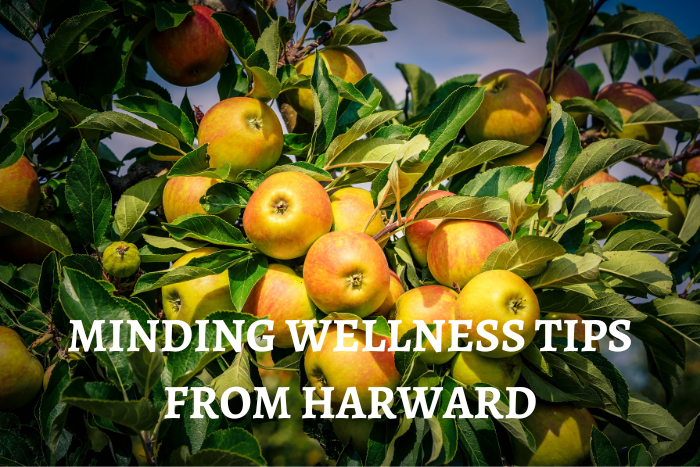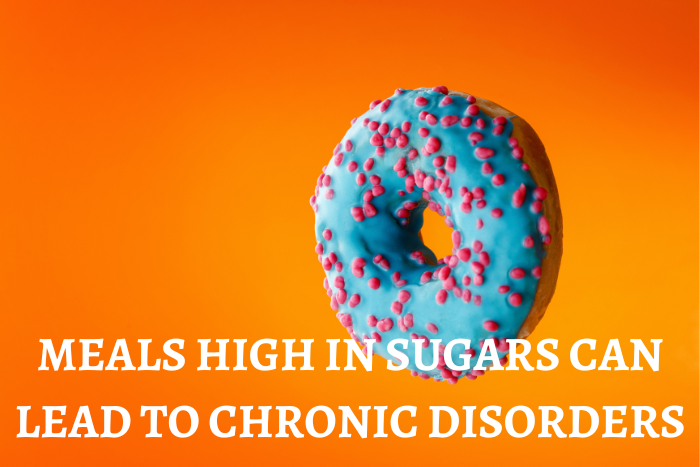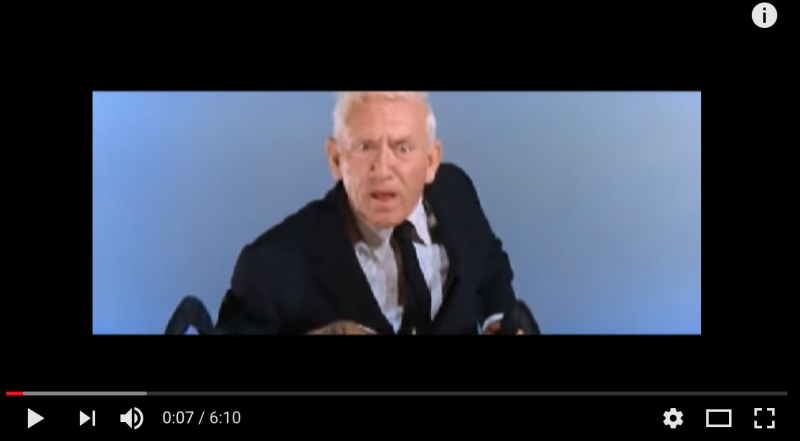
Minding wellness tips from the Harvard Health newsletter prompted me to see different sides of opinions from health professionals. It is always good to learn from various sources. I guess that nobody needs the explanation that Harvard is. This word is associated with old history, scientific discoveries, and famous alumni.
An update. Nowadays, it is a controversial institution that supports the idea of blocking the sun. Climate change, anyone?
I got a newsletter from them because I guess they send it to all individuals who care about well-being. I will go through all the topics presented, and you can decide whether it works for you or not.
Be careful taking supplements
Supplements are a few billion worth of industries. Understandably, everybody presents their product as the best and most beneficial. However, there are plenty of details hidden under pompous words.
Supplements with a neutral scientific foundation, evidence, and positive customer feedback that their health improved more than before could benefit individuals.
Of course, a placebo effect can work better as a natural supplement. It is proven. However, accessories such as magnesium cannot be replaced with positive thoughts. If you need minerals, you need. The body cannot get them from the air or the imagination.
Harvard Health newsletter points out that people need to be aware of the statement: life-saving supplements. I wonder what kind of supplements they have in mind.
Enjoy the benefits of summer
Great news! Tomatoes can benefit you in a way that 59 percent can lower the risk of stroke caused by blood clots. Overall, eating more vegetables will allow for avoiding problems associated with Alzheimer’s disease. Of course, besides being a rabbit, sorry, a crazy joke, you could:
- Sleep at least seven and a half-hour without serious interruptions
- Exercise at least four times a week
- Consider intermittent fasting. It means that you ate last time at seven in the evening, and the following day the first meal could be at ten or eleven a.m. At least 14 hours must be between meals. I heard this information on NBC regarding Alzheimer’s prevention.
In Europe, people eat differently compared to North America. Usually, the dinner is at 2 p.m., and supper is at six p.m. The breakfast is at seven or eight in the morning. You see that people have a long break between meals naturally.
Take care of your memory
According to Harvard Health Newsletter, foods such as fish, olive oil, and nuts benefit from lowering the risk of dementia or Alzheimer’s. Overall, I wonder why people have lost good eating habits. Most of us come to North America from Europe. Primarily Italians are known for their famous Mediterranian cuisine.
Dr. Andrew Weil, M.D., recognizes the importance of fatty amino acids, which lower inflammation. There are two fatty amino acids: omega-3 and omega-6 fatty acids. These acids have a funny name: PUFAs. It means polyunsaturated fatty acids.
However, omega-3 fatty acids provide more benefits for the body because they lower inflammation.
Throw the TV through the window
Sorry, it is an exaggeration. However, facts tell that obesity can increase up to twenty-five percent for every two hours of watching a newsletter. Not so much fun here. You can add junk food to the whole picture, and it is clear why people get unhappy when they do not fit into airplane seats.
Carefully choose what you eat
It is excellent to read about the side effects of processed foods. People know that meals high in sugar and refined grains can lead to chronic disorders. Unfortunately, not many of us know that these processed foods can cause inflammation. Organs, joints, and tissues can be damaged without returning the clock. Who does need it?

More tips for wellness
Harvard Health newsletter provides plenty of beneficial information about how simple tactics can change your life.
- Fast walking, even for a few minutes, can lower blood sugar. When your muscles work, the blood sugar distributes to the liver, and you do not need to wear out the pancreas. Besides it, strengthening and mobility exercises help relieve arthritis pain. It means: keep moving, forget the couch or Lazy Boy furniture!
- The red wine protects people from the usual cold.
- Yoga helps to keep balance and increase concentration and flexibility. Yoga has been around for thousands of years. Why do we discover good things so late?
- The laugh is an excellent prevention against stress, depression, fear, and inflammation in the arteries. It seems that laughter helps increase good cholesterol.

- You can reduce plaque in arteries by eating meals from the Mediterranean diet. Exercise may help too to prevent the hardening of arteries. In this way, you may avoid a stroke or heart attack.
- Avoid sodas. A search from Harvard shows that phosphoric acid in soft drinks interferes with calcium absorption. It can destroy cartilage and cause knee pain.
- The dark bitter chocolate full of flavanols is good for the heart, mood, and clear thinking. Do not go after any chocolate. These sweets are full of processed fats and sugar. Look for a product where cacao has all flavanols intact. It means that you will get benefits from it.
- You will live longer if you eat fewer calories. However, here people need more information because if we feast on doughnuts, pizza, and coffee, we will always be hungry. Soda drinks have their shaming part too. Scientists found that intestinal bacteria in mice started to help absorb more calories into the body after giving them some soda.
I was surprised; maybe more, I was reminded that we do not need carbohydrates. If we get enough fat and proteins of good quality, we will not crave ice cream or cakes. Why?
The body can produce carbohydrates from fat and proteins. Unfortunately, the opposite process is not possible, such as creating proteins from carbohydrates. Our body is a smart one. Think about a hundred years ago. Who ate the pizza? Meat, grains, and vegetables were everyday staples.
Wrapping up
You see that minding wellness tips from the Harvard Health newsletter are easy to protect ourselves from unnecessary problems. We do not need to spend plenty of money. Taking care of ourselves, such as changing habits, improving our lifestyle, and continuously checking for progress, will give you and me peace of mind. Why? Health is the most critical asset. You can not buy it. Let’s use common sense and give our body what it needs: proper nutrition, exercise, and a positive attitude.
Besides, giving the body what it needs will give you peace of mind. Prevention is the best thing. We cannot get with food enough minerals, proteins, and vitamins. However, we can help ourselves by taking dietary supplements.